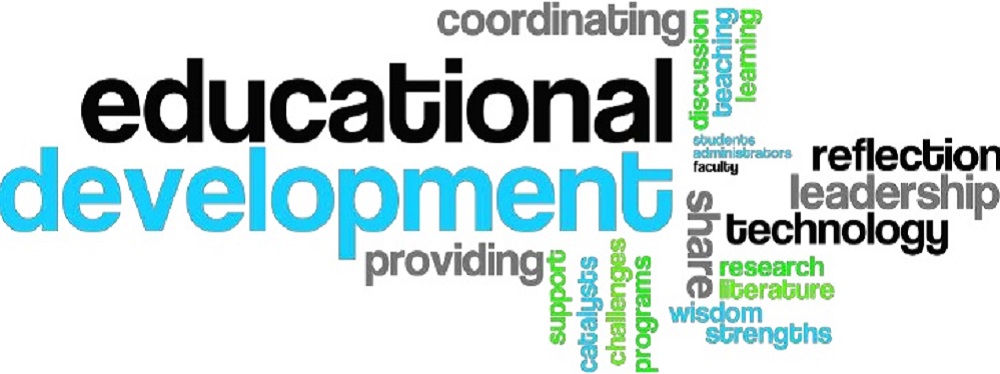About the conference
The COVID-19 pandemic has altered the business world in unprecedented and historic ways, the effects of which have been felt the world over. As the new reality of the pandemic sets in, organizations and individuals grapple with the implications of the virus. In the short-term, organizations have generally engaged in empathic pro-employee responses, and many have radically altered how and where employees work. At face value, both actions seem both reasonable and prudent.The difficulty comes in assessing paradigm shifts and the long-term implications of the pandemic. A paradigmatic shift is a fundamental change in the underlying assumptions of a phenomenon. In research, these are rare but impactful shifts that radically change our understanding of phenomena by altering the foundational assumptions upon which our understanding is derived.
The COVID-19 pandemic has the potential to result in multiple paradigm shifts in organizations that society, in general, has yet to fully anticipate. The spectrum of shifts range from personal to professional, individual to organizational, and across most industries. The world is at its most interdependent economically and has never faced this level of comprehensive interruption. Whereas the short-term effects have been felt and recognized by many, resulting paradigm shifts caused by the pandemic will likely have long-term effects of unknown scope and impact. Many are adjusting to novel organizational demands of the pandemic while hoping for a swift “return to normal.” In time, the implications of these demands may not only shift but have a lasting effect on the way organizations and employees function, resulting in a “new normal.”












